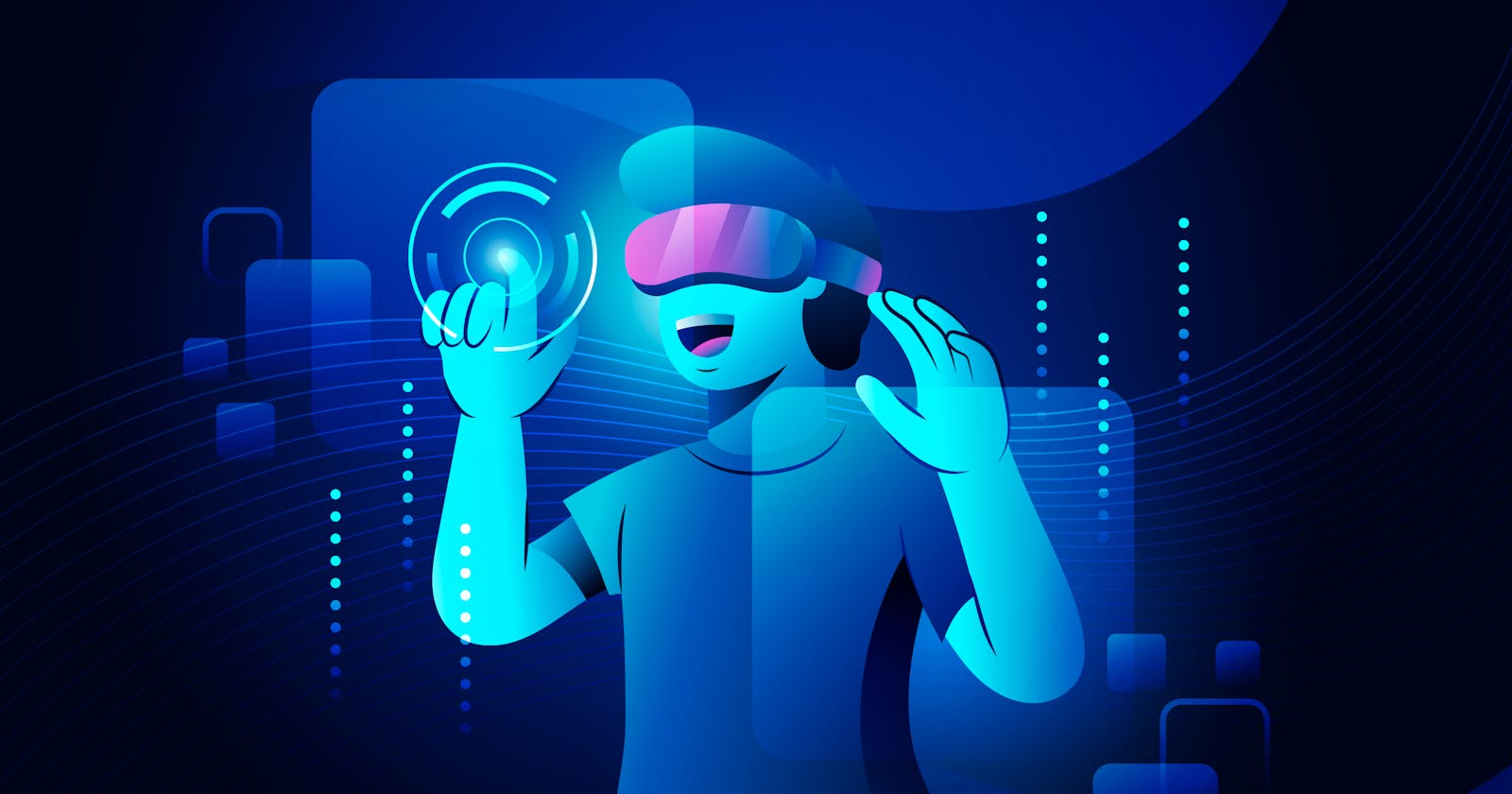WEB3: The Next Generation Of the Internet
How Blockchain and Decentralized Technologies are Shaping a More Open and Democratic Online World
The internet has come a long way since its inception, and we're now in the midst of a new era known as Web3. The term refers to the next generation of the internet, which is built on decentralized technologies and focuses on user control, privacy, and security.
In this blog, we'll explore what Web3 is, why it matters, and how it's shaping the future of the internet.
What is Web3?
Web3 is a term used to describe the next generation of the internet. Unlike the current internet, which is largely controlled by a handful of tech giants, Web3 is built on decentralized technologies that give users more control over their data and online experience.
The main technologies behind Web3 are blockchain and decentralized applications (dApps). Blockchain is a decentralized ledger that records transactions securely and transparently, while dApps are decentralized applications that run on top of blockchain technology.
Web3 aims to create a more open and democratic internet by removing intermediaries and giving users more control over their data. It also seeks to create new business models that are more equitable and sustainable and promote greater innovation and collaboration across industries.
Why does Web3 matter?
Web3 matters because it addresses some of the most pressing issues facing the internet today. These issues include:
Privacy and security: The current internet is vulnerable to hacking, data breaches, and other security threats. Web3's decentralized architecture makes it more secure and less vulnerable to these threats.
Data ownership and control: Tech giants like Facebook and Google currently control most of the data generated on the internet. Web3 gives users more control over their data and allows them to monetize it in new ways.
Intermediaries: The current internet is dominated by intermediaries like app stores, payment processors, and social media platforms. Web3 removes these intermediaries, allowing for more direct interactions between users and developers.
Business models: The current internet is based on advertising, which has led to a proliferation of clickbait and fake news. Web3 creates new business models that are more sustainable and equitable, such as token economies and subscription models.
How is Web3 shaping the future of the internet?
Web3 is already beginning to shape the future of the internet in several ways. Here are some of the most notable developments:
Decentralized finance (DeFi): DeFi is a new financial system that is built on blockchain technology. It allows users to transact with each other directly, without the need for intermediaries like banks.
Non-fungible tokens (NFTs): NFTs are unique digital assets that are stored on a blockchain. They have already been used to sell digital artwork and other items, and are likely to become more widespread in the coming years.
Decentralized social media: Decentralized social media platforms like Mastodon and Diaspora are already gaining traction, offering users more control over their data and online experience.
Digital identity: Web3 is also exploring new ways to manage digital identities, such as through self-sovereign identity systems allowing users to control their identity and data.
Conclusion
Web3 is still in its early stages, but it has the potential to revolutionize the internet as we know it. By removing intermediaries, promoting user control and privacy, and creating new business models, Web3 could create a more equitable, sustainable, and innovative Internet. Whether you're a developer, investor, or simply a user of the internet, Web3 is something you should keep an eye on in the years to come.
